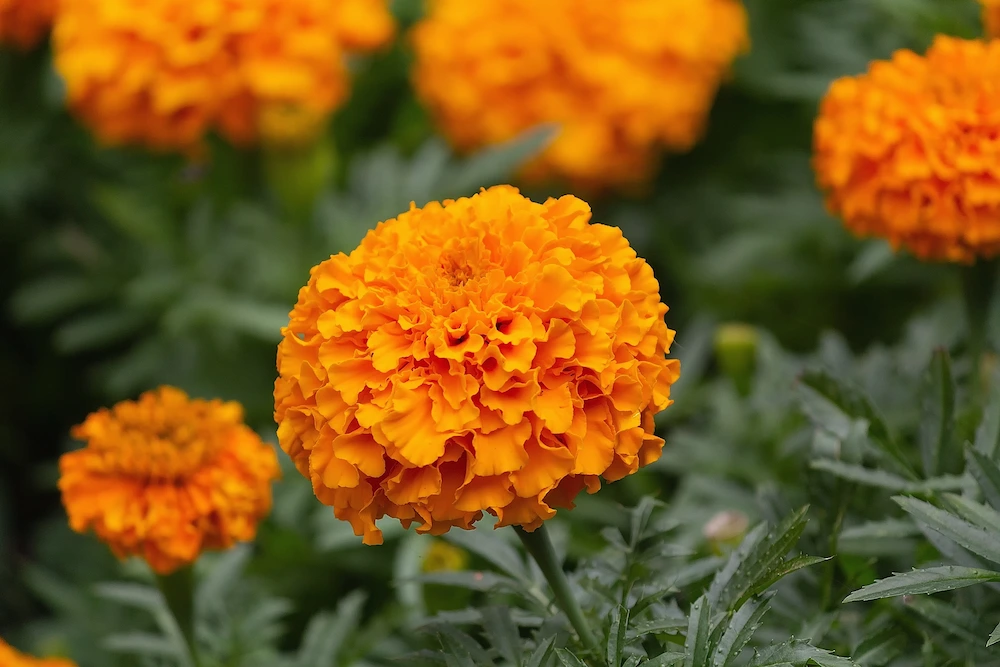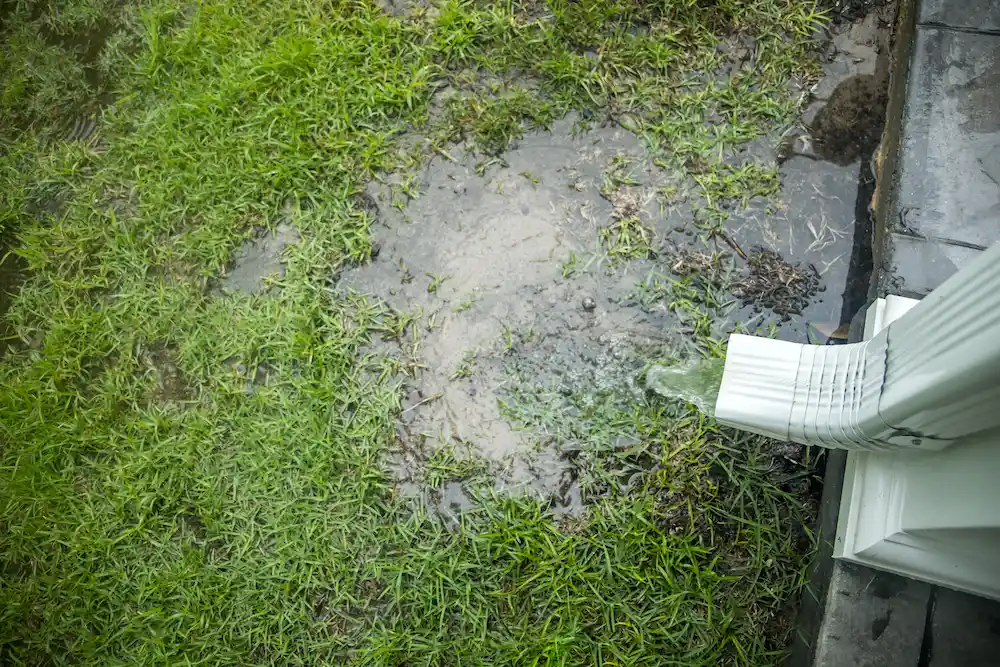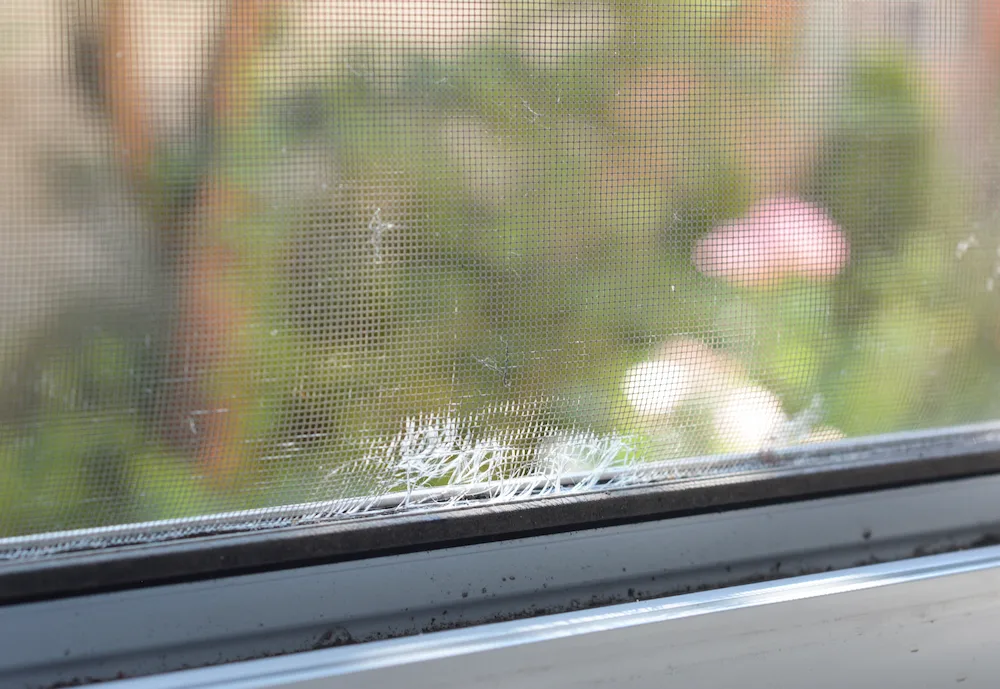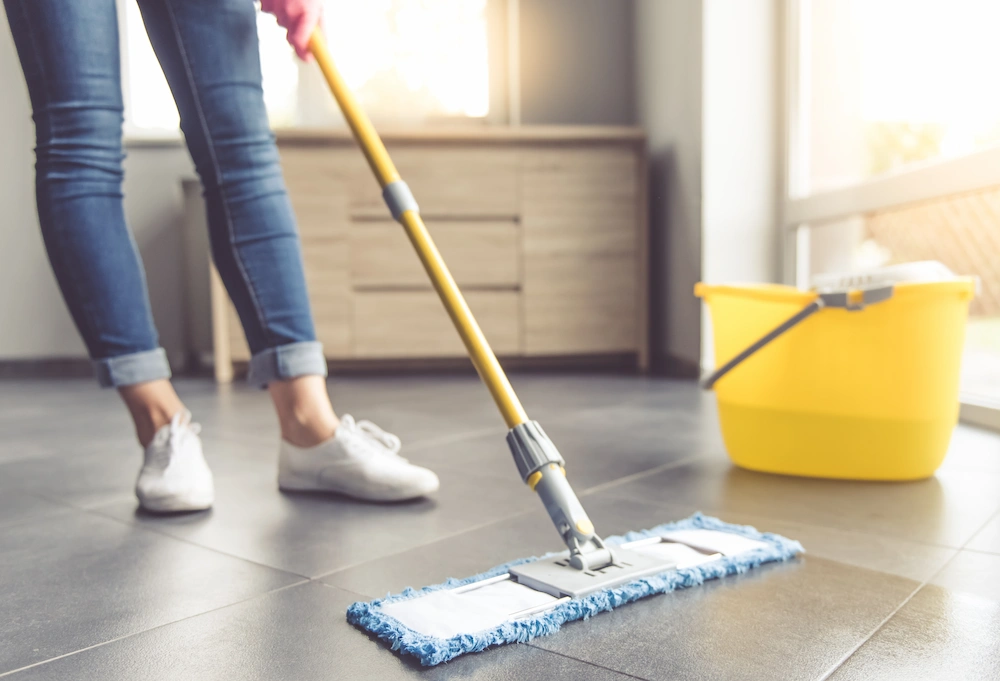13 Earth-Friendly Ways to Prevent Pests
13 Earth-Friendly Ways to Prevent Pests
Summary: Earth Day is all about raising awareness for ways to be kinder to Earth. This blog details 13 easy, Earth-friendly ways to prevent pests. It explains how each task directly prevents certain pests and helps to maintain the home. Pointe Pest Control provides family- and pet-friendly pest control in every season.
Happy Earth Day from Pointe Pest Control! Every April 22, this holiday is spent raising awareness about easy ways we can care for our planet. Pest control is often an area of concern this time of year. We don’t want bugs in our homes, but how can we make sure that our treatment methods aren’t harming the local ecosystem?
Thankfully, there are plenty of Earth-friendly ways to prevent pests. These aren’t replacements for professional services (stay tuned until the end to learn more) that target the species invading your property. However, these do play a big role in preventing infestations from happening in the first place.
Let’s talk about our favorite Earth-friendly ways to prevent pests from claiming your home as their own!
Store Food Well
If we had to choose one task from this list as the most important, it would probably be this one. Many pests (ants, roaches, etc.) are after our food, so making it nearly impossible for them to access it is an easy way to prevent them.
Store all pantry essentials in airtight containers with good lids. The often-invaded foods include baking ingredients, cereal, nuts, grains, beans, oats, snacks, and baked goods. Any opened food that’s out on the counter for snacking purposes should be sealed and put away when everyone is done with it.
Utilize Essential Oils
It’s not an exact science, but essential oils can help lower the number of pests lingering around your home. The recommended method is to dilute 10-20 drops of the desired essential oils in at least 1/4 a cup of water, and use a spray bottle to distribute the mixture in your space of choice.
These are the main oils used for pest prevention, each said to target certain pests:
- Peppermint — rodents, spiders, ants, roaches, etc.
- Tea Tree — roaches, flies, bed bugs, etc.
- Lemongrass — mosquitoes, ticks, mealybugs, etc.
- Eucalyptus — mosquitoes, fleas, roaches, etc.
- Rosemary — spider mites, ants, aphids, ticks, etc.
- Citronella — mosquitoes, fleas, hornets, etc.
Integrate Repellant Plants
Did you know that some plants prevent pests rather than attract them? Certain plants and flowers keep pests from invading that section of the yard. This is because of the strong scents and tastes of these plants. It turns out that pests have sensitive noses too!
The popular way to utilize these pest-repelling plants is to plant them around the garden like a barrier. It won’t keep every bug away, but it should lower the number of garden invaders. The best pest-repelling plants are marigolds, lavender, asters, petunias, chrysanthemums, and various herbs.
Secure the Trash
Pests enjoy our fresh food, but many of them will settle for the remnants we throw away. That’s why it’s also important to maintain your trash. When pests have a reliable food source, they’ll keep coming back for more — even if it’s in a garbage can.
Make sure all trash (especially food trash) makes it into a garbage can. Use strong trash bags to prevent leaking, and take out the trash when it’s full. If there are spills in or around the kitchen can, clean them with an antibacterial wipe. For the outdoor garbage cans, keep the lids closed and don’t store them right against the house.
Make Herbal Sachets
If you enjoy a little craft project, this one’s for you! Clothes-eating pests aren’t dangerous, but they’re definitely annoying. Clothes moths and carpet beetles eat holes in many materials. They technically eat the keratin, an animal protein that’s found in organic fabrics.
Herbal sachets should be placed near stored clothes and blankets to prevent the pests that are after these items. Closets, dresser drawers, and chests are often the best places. To make an herbal sachet, fill a sachet bag with dried lavender, cedar wood, rosemary, cloves, and/or lemon peels.
Maintain the Yard
There’s nothing more Earth-friendly than tending to your yard! A well-kept yard often correlates with a reduced pest population. That’s because an overgrown lawn and unruly plants give many pests (ants, rodents, ticks, etc.) more places to hide while they figure out how to invade your home.
When you do yard work regularly, the list of chores is less overwhelming. The important ones to do consistently are mowing the lawn, pulling weeds, pruning plants, and removing leaf litter. All plants and tree branches should be kept at least one foot from the house. You don’t want pests using these as easy highways into your home.
Remove Extra Water
On the topic of yard chores, it’s also a good idea to remove excess water from the space. Some of the worst pests love moisture, so they’re usually found in yards and houses with standing water. Mosquitoes, ants, and roaches are the worst with this.
Also, ensure that your yard drains properly, like when it rains or the sprinklers run. After a storm, dump out the water from soaked items, like plant trays and yard decorations. Confirm that the gutters and downspout work properly. If leaves and natural debris are clogging them, use utility gloves to remove the blockage.
Spray Vinegar
Like essential oils, vinegar is a popular short-term natural repellent. It’s not the most effective prevention, but it can lower the number of pests you see in certain areas. It’s all about targeting the areas that you see certain pests. Combine equal parts vinegar and water in a spray bottle and apply where needed.
Vinegar is reportedly a great repellent against ants, spiders, mosquitoes, and fruit flies. It’s heavily recommended to fight off ants because vinegar disrupts their pheromone (scent chemical) trails. However, we don’t recommend using this against full-on infestations. That’s a job for professional pest control.
Seal Entry Points
When pests have easy access into a house, they won’t waste time getting inside. Most pests are small enough to squeeze through tiny gaps. Even rodents can squeeze through small holes! Mice fit through gaps the size of a pencil, and rats fit through holes the size of a quarter.
Inspect your house’s exterior often for new holes and cracks, especially near vents and plumbing. Small cracks are easy to seal with waterproof caulk. For larger holes and gaps, fill the space with steel wool (rodents hate it!) before you line it with caulk.
Check Screens and Weather Stripping
Speaking of keeping your home sealed, it’s important to keep an eye on the interior fixtures that lead to the outside world. Window and door screens, as well as weather stripping, can allow pests inside if they’re too worn to serve their intended purpose.
To keep pests out in every season — especially in the warmer months — make sure all window and door screens are free of gaps. Replace any mesh that is beyond repair. Also, replace any weather stripping that’s loose, weathered, or cracked. Ensure your garage door seal is still tight, and replace it if it’s torn or moldy.
Clean Up Spills Immediately
Pests are always after easy food sources. A random pile of crumbs in the kitchen is the perfect food in terms of accessibility. A good habit to get into — if you don’t already — is to clean up crumbs and spills as soon as they happen.
The longer that spills sit, the more likely they are to attract pests. Use your cleaner of choice to remove spills and their residue. We recommend cleaning your kitchen counters and eating surfaces at least once a day to make sure no crumb is left behind.
Water the Plants Correctly
The impact of watering your plants well goes beyond the health of your yard. If plants or grass are under-watered, they attract destructive pests like spider mites and thrips. Overwatered plants draw the attention of fungus gnats and fruit flies.
Any gardener or plant parent will tell you how important it is to water everything properly. It’s important to research the watering needs of your plants and lawn since every piece of greenery has different watering needs. In general, most plants and grasses need extra water in summer and less in winter.
Clean the Floors Often
Finally, never underestimate the importance of regular chores in preventing pests. For instance, cleaning the floors truly makes an impact in prevention. It removes potential food sources, uncovers hidden pests, and de-webs dark corners (if spiders are in the area).
The method you use to clean your house’s floors is up to you! Vacuuming, sweeping, and mopping are all efficient ways to tidy up the house. On a regular basis — at least once a week — clean the floors with the method of your choosing.
Pointe’s Earth-First Pest Control
When store-bought pesticides are applied without proper training and safety measures, they can do more harm than good — especially to our ecosystem. When you choose Pointe Pest Control, you can rest assured that our team solves pest problems as safely and efficiently as possible.
We understand the importance of safety when it comes to pest control. You don’t want a bunch of dangerous chemicals floating around your home, especially if you have young children or pets. Our licensed technicians carefully apply each treatment to the impacted areas to avoid spreading excess. We also provide professional advice and helpful answers on protecting your home and family from invasive pests in between services.
This year, leave the hassle of pest control to the pros. Contact us for a free quote on our reliable services — and say goodbye to your pest worries for good!
Citations
Eco-friendly tips for pest control. (n.d.). Summer Winds Nursery California. Retrieved April 11, 2025, from https://www.summerwindsnursery.com/ca/inspire/blog/eco-friendly-pest-control/
Hurst, M. (2024, June 16). Natural pest control methods — 7 eco-friendly techniques that won’t harm your garden. Homes & Gardens. Available at https://www.homesandgardens.com/gardens/natural-pest-control-methods (Accessed on April 11, 2025).
Pest control best practices: Tips for effective and eco-friendly solutions. Spring-Green. Retrieved April 11, 2025, from https://franchise-opportunity.spring-green.com/pest-control-best-practices-tips-for-effective-and-eco-friendly-solutions/
Request a Free Quote Today
(We do not share your data with anybody, and only use it for its intended purpose)















